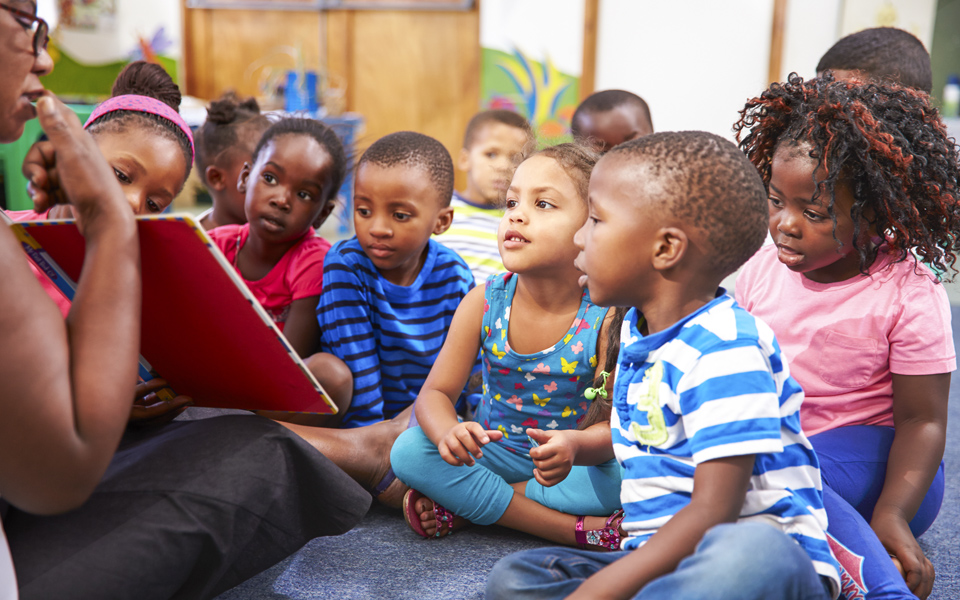Khartoum, Yasser Fayez
In 1994, the publication of the boys’ magazine Al Sybian became another victim in a string of children’s publications in Sudan to be suspended, despite its establishment nearly 50 years earlier by Bakht Al Ruda Institute, the official entity designated to educational curricula in Sudan.
From 1947 to the first decade of the 21st century, 33 children’s magazines in Sudan were suspended, including Al Baheth Al Sagheer (Young Researcher), Shleel (Stream), Sabah (Mourning) and Al Waha (The Oasis), after state funding was withdrawn for children’s magazines, which could not survive without government support. The rates of magazine sales also decreased massively for a number of reasons, such as the weakness of content under the rule of military regimes and the deterioration of the education system, which was reflected in children’s passion towards reading.
Al Sybian was initially established as a bimonthly magazine but its popularity soon ensured its appearance once a week. By the third edition, it was based in a small office at the Abu Al Ola building, a hundred yards away from the McCorquodale Printing House, where it published 15,000 copies, exceeding the number of distributed copies of any other magazine at the time.
In a cafeteria next to Abu Al Ola building, Nasher met with Abdul Qader Muhammad Ibraheem, one of the last editors of Al Sybian and the most prolific writer of children’s books in Sudan. He told Nasher of his experience at the magazine and how it was forced to deviate from its editorial approach during the military regime, including its renaming as Al Shabab wa Al Tarbiya (Youth and Education). He also recalled how it regained its strength and went on to publish 30,000 copies a week.
“The interventions of the Sudanese regime created a void in the content that children wanted, relating to their lives and aspirations. It contradicted what the magazine was actually doing and its original objectives, which were to complement the educational process and provide information in a dynamic and engaging way. Apart from the magazine, Bakht Al Ruda published 76 books for primary school children in keeping with its vision on education and culture.
“Bakht Al Ruda sought to develop children’s literacy and hone their creative and innovative capabilities, to the extent that in 1981 it changed its name to the Educational Publishing House. However, during that period the publishing process of children’s books and magazines deteriorated rapidly, before completely collapsing in 1995 as a result of a package of economic policies and legislative amendments.”
In 1995, Abdul Qader Muhammad Ibraheem published just two children’s books but he confronted the lack of literature for younger readers by writing many more. He also faced other challenges such as the absence of professional publishing for children in Sudan, but the hardest challenge he faced was the high rates of illiteracy among children. In the mid-1990s, 5,000 copies of each of his books were distributed, but that number decreased to 1,000 copies, and 500 copies of his latest book have still to be distributed.
There was an attempt by Sudanese novelist Buthaina Khader Makki to establish a publishing house for children’s books, but the effort was short-lived and the venture closed after just one book, written by Buthaina Makki herself.
“In 2005, the Simsimah children’s magazine was issued by the Khartoum State Government and the Ministry of Culture in Sudan as a monthly publication. It brought in a decent level of professionalism in terms of content, design and production, and online presence, with a mission to bridge the gap in children’s media after the suspension of Al Sybian and Sabah, and establish a magazine to inspire children to embrace Sudanese culture, values and heritage.”
Simsimah is the only Sudanese children’s magazine that is issued consistently and is now in its 14th year. It has published eight books, four of which were re-edited stories, and four of which were written by the late author of children’s books, Hussein Ahmed Hassoun.
Apart from Simsimah magazine and the efforts of Abdul Qader Muhammad Ibraheem and other Sudanese authors, the French Centre in Sudan (formerly the French Cultural Centre) has republished children’s books. Addressing Sudanese culture and children’s rights, many of those books were co-authored by writers who had never before written for children.
“If we take a look at the children’s publishing sphere in Sudan, we will find two professional writers, one magazine, not a single publishing house specialised in children’s books and youngsters who were driven away from the joy of reading by the dictatorship approach,” concluded Abdul Qader Muhammad Ibraheem.







